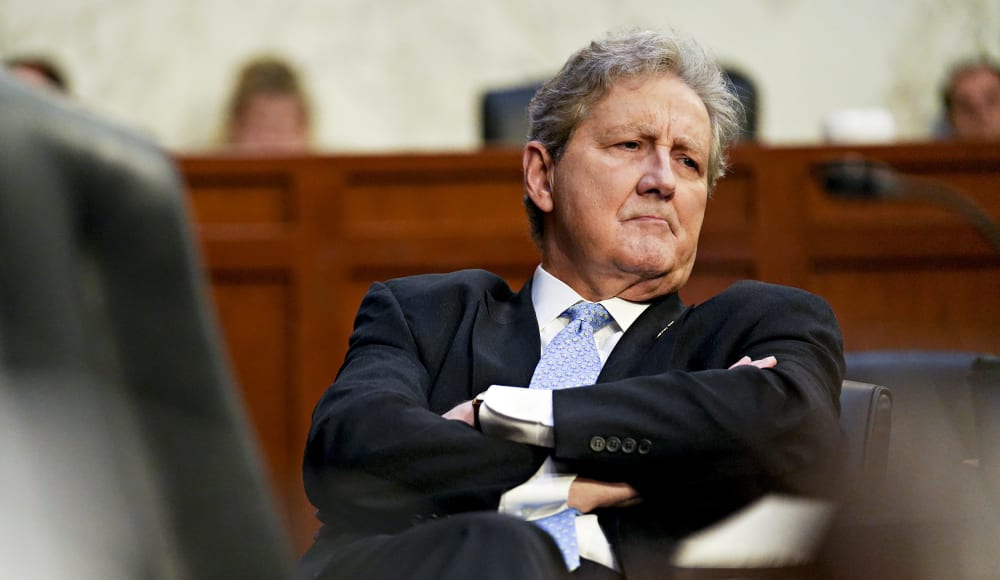Congress isn’t working. The House of Representatives hasn’t held a vote since Sept. 19, Speaker Mike Johnson won’t even swear in Rep.-elect Adelita Grijalva of Arizona and the Senate mostly keeps voting on the same failed Republican spending bill. The federal government shutdown, now the longest in history, is forcing air traffic controllers to work second shifts delivering food on DoorDash to make ends meet.
But members of Congress are still getting paid.
It’s tempting to rail against that disparity, to lambaste members of the do-nothing Congress picking up a sweet $174,000 a year (even more if they’re in leadership) — not to mention their fancy health care and retirement packages — even as their own staff and other civil servants have to work without pay until the shutdown ends. Why should lawmakers get paid when the government is shut down?
But as H.L. Mencken wrote, “there is always a well-known solution to every human problem — neat, plausible, and wrong.”
As if on cue, Republican Sen. John Kennedy of Louisiana has come forward with that kind of plan — one that, to be fair, has been floated by Democrats during past shutdowns. On Thursday, Kennedy introduced two bills: legislation that would either force members of Congress to forfeit their pay during a shutdown or put lawmakers’ compensation in escrow to be paid out when the shutdown ends.
“What’s good for the goose is good for the gander,” he said Wednesday.

Despite his folksy mannerisms, Kennedy is an Oxford law graduate, which means he should know the most obvious objection to this scheme. The 27th Amendment to the Constitution, ratified in 1992, bars changes in compensation for members of Congress from taking effect until after the next House election, which in this case would be 2026. The amendment was designed to stop lawmakers from giving themselves an immediate raise, but it also prevents them from taking an immediate pay cut, too. So even if Kennedy’s legislation were passed, it probably would not have an effect on this shutdown.
In a floor speech introducing the bill, Kennedy said he didn’t think his first bill — which would forfeit lawmaker pay entirely — violates the Constitution, but he was proposing the second bill as an option for members who do see a clash. It’s an open question whether withholding pay until the end of a shutdown would violate the 27th Amendment. But another part of the Constitution is unambiguous: Article I, Section 6, which says members of Congress “shall” be paid.
Assuming the second bill passes muster, there is another good reason why withholding pay from members of Congress is a bad idea.












